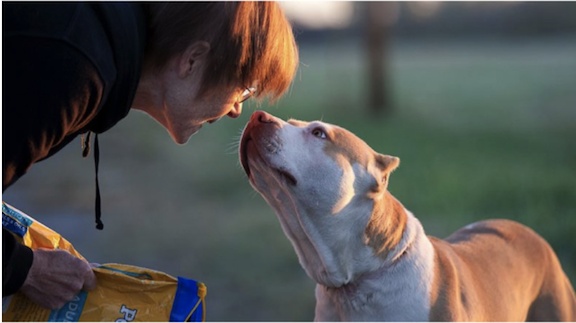We’re here to help you use Golden the right way. Please read and follow these guidelines for making...
Volunteering and improving your college admissions
We’re now officially a week into the 2016 and, more likely than not, the resolutions you were bound to keep have become new habits. The others…well, perhaps they weren’t meant to be. So, this one-week anniversary is a natural moment to pause, reflect and consider what we hoped to accomplish with our resolutions and why we made them. Our motivations express two desires: to improve ourselves and to improve the world around us.
Bettering ourselves is a noble ambition and a wellspring for resolutions. There are many classics that emerge here; such as, “This year I will:
- Stop smoking
- Drink less
- Read more
- Floss my teeth
- Take up a new hobby
- Rise with the dawn
- Get more sleep
- Get less sleep
...And so on. All of these promises recognize that we are capable and worthy of improving ourselves. Self-improvement is not selfish; our introspection is a product of the rare human trait of being self-aware. In that self-awareness is an understanding, of who were are, now, against that vision we had at six-years-old. Is that comparison unsatisfying? Should it be? Maybe, at six, we didn’t understand what would be important to us, or what we would be good at doing. Chances are, however, that at six we were boundlessly optimistic and ambitious about how the world could be a better place with us in it.
Improving the world is a natural extension of that sentiment. We strive to appreciate each day, while recognizing that it can be even more beautiful and fulfilling. Our optimism spills beyond ourselves, understanding we are part of the world we live in and capable of improving it for the benefit of others. Many of our resolutions fit this pattern: “This year I will:
- Let my family and friends know how much they mean to me
- Become more involved in my community
- Support companies that practice ethical business
- Connect with my elderly neighbors
- Teach my niece how to swim
- Plant trees
All look outward to how we can help someone else, and, in pursuing them, we feel reflected warmth. Intrinsically, improving the world also improves us. The order of operations is important: we are not pre-supposing personal benefit. Sometimes, improving the world comes at our expense. It shouldn’t.
Volunteering sits at the intersection of these desires: to improve the world and, in doing so, improve ourselves. The best resolutions improve the world and ourselves, but are not always effective resolutions. Effective resolutions are attainable because they harness natural impulses. They quickly become habits because they feel natural, effortless and impart joy.
People who volunteer often ask, “Why didn’t I try this sooner?” Too often, what prevents us from volunteering is not lack of desire, or skills, time, or need. Our nascent desire to help needs nourishment before it can take root. Volunteering is not difficult; getting to volunteer is. But why?
We don’t keep resolutions that are difficult and don’t resonate. This year why not make two more that are easy to keep:
When you can’t keep a resolution, replace it with another.
Make that new resolution one that improves yourself and the world.
If you want help keeping these resolutions, that’s why we’re here. We’re Golden. So are you.

